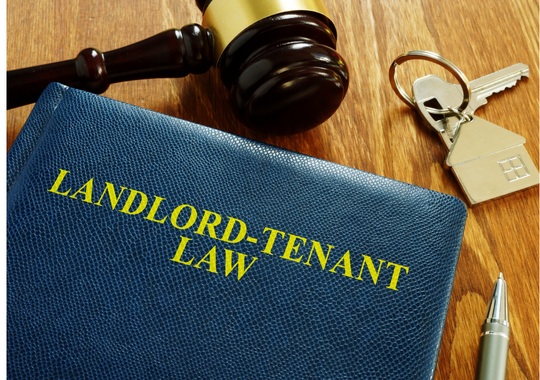Whether you're a new landlord or a seasoned investor, staying compliant with current rental legislation is crucial. As of 2025, there are seven key documents landlords in England must provide to tenants at the start of every new tenancy—especially under an Assured Shorthold Tenancy (AST).
Here’s what you need to give before or at the start of the tenancy:
1. Tenancy Agreement
A written contract setting out the terms of the tenancy.
2. Government 'How to Rent' Guide
This is a requirement under the Deregulation Act 2015. It must be the latest version at the time the tenancy starts.
3. Gas Safety Certificate (CP12)
If there is gas at the property, you must provide a valid Gas Safety Record.
4. Energy Performance Certificate (EPC)
This outlines the property’s energy efficiency rating.
5. Electrical Installation Condition Report (EICR)
A requirement since 2020, the EICR covers the safety of the electrical system.
6. Deposit Prescribed Information
If you take a deposit, it must be protected in a government-approved scheme (e.g. TDS, DPS, MyDeposits).
7. Licensing Documents (if applicable)
Some properties—like HMOs or rentals in selective licensing areas—require local authority licenses.
✅ Stay Compliant, Stay Protected
Failing to provide these documents can not only damage your relationship with tenants, can also make it legally impossible to serve a Section 21 notice in the future.
Ensure you're fully compliant to protect both your tenants and your ability to regain possession of the property if needed.
By partnering with NGU Homes, you're not just letting your property—you’re ensuring your tenancy starts on a rock-solid, compliant foundation.
Let us handle the paperwork, so you can focus on what matters most.


 By
By 



Share this with
Email
Facebook
Messenger
Twitter
Pinterest
LinkedIn
Copy this link